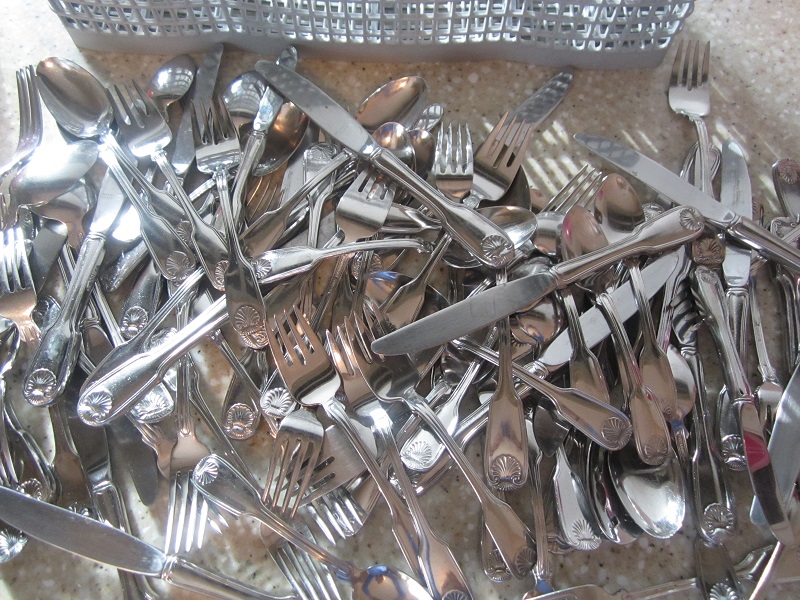Last weekend we reached the middle of December, and in southwest Michigan we’ve had 3 snowstorms with colder-than-usual temps. It’s the kind of weather that makes us start the car 10 minutes ahead of departure to let it warm up.
 At the beach, ice-dunes have begun to build, and the creek has morphed into a skating pond. None of us were ready for winter’s fast arrival, and we hadn’t even brought home all of our beach chairs yet.
At the beach, ice-dunes have begun to build, and the creek has morphed into a skating pond. None of us were ready for winter’s fast arrival, and we hadn’t even brought home all of our beach chairs yet.
 Yesterday, while waiting at the bank drive-through, I saw a perfect picture of winter’s speedy onset. A gutter drain had frozen solid right in the middle of emptying itself.
Yesterday, while waiting at the bank drive-through, I saw a perfect picture of winter’s speedy onset. A gutter drain had frozen solid right in the middle of emptying itself.
Sometimes “cold experiences” come to us just as fast and unexpectedly. We might get the cold shoulder from someone we were close to, unable to figure out how we got in the relationship deep-freeze. We don’t know what to do next and feel blocked from reconciling, frozen in our tracks, so to speak.
“The relationship has gone cold,” we say, as we experience icy rejection.
Sunday morning at church a friend in her 80’s was describing how she struggles with the cold, especially with ice beneath her unsteady feet. Suddenly she straightened herself and said, “Well, spring can’t be far behind.” Chuckling, she walked away, leaving me with a furrowed brow.
“That’s crazy talk,” I thought. “It’s not even officially winter yet!”
What she meant, though, was that in the midst of the freezing-cold weather, she knew for sure her future was going to include warmth and ice-free walking.
The same can apply to our cold relationships. Though circumstances seem frozen and we think they’ll never thaw, God has a few suggestions for warming things up. He says, “First of all, pull Me into the mix. Just as I insist every harsh winter eventually give way to spring, I know how to thaw cold relationships and can teach you how.”
He doesn’t say it’s easy, but here are 10 of his surefire ways to melt icy situations and bring relationship-springs:
- Talk in a soft voice. (Proverbs 15:1)
- Speak evil of no one. (Titus 3:2)
- Never avenge yourselves, but leave that to God. (Romans 12:19)
- Never be irritable or resentful. (1 Corinthians 13:5)
- With a tender heart, forgive each other. (Ephesians 4:32)
- Show perfect courtesy toward all people. (Titus 3:2)
- Never be arrogant or rude. (1 Corinthians 13:4-5)
- Be open to reason, impartial and sincere. (James 3:17)
- Never repay evil for evil. (Romans 12:17)
- Don’t insist on your own way. (1 Corinthians 13:5)
 If we follow these biblical guidelines, even those relationships that are frozen solid will experience a warming trend soon.
If we follow these biblical guidelines, even those relationships that are frozen solid will experience a warming trend soon.
”Do everything without grumbling or arguing, so that you may become blameless and pure, ‘children of God without fault in a warped and crooked generation.’ Then you will shine…. like stars in the sky.” (Philippians 2:14-15)






